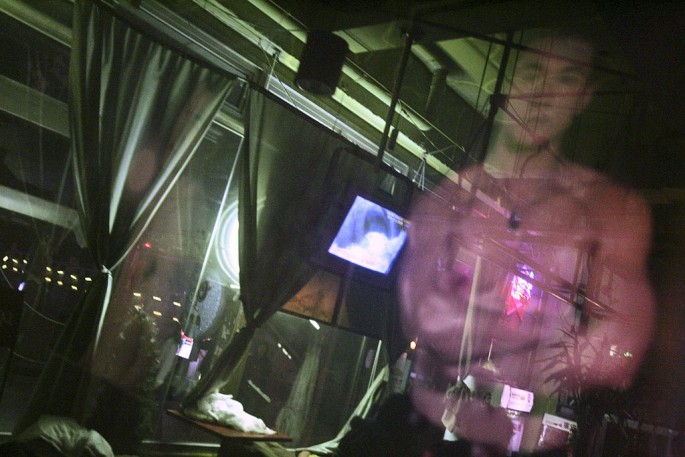There is more tolerance and openness in China for gay people, which is why male homosexuals from other repressed nations, such as Russia, find urban Chinese cities a welcoming community.
As a result, there is a growing number of LGBT groups in major Chinese cities such as Shanghai and Beijing, reported Global Times. The capital city is host to Beijing LGBT Center, an NGO, and Destination, a gay club in the Chaoyang District.
It helps that there are now institutions more tolerant of gays and lesbians after China decriminalized homosexuality in 1997 and it was removed in 2001 from the list of mental ailments in the third edition of the Chinese Classification of Mental Disorders. But many areas still need change, such as China’s censorship law which banned TV shows like "Addiction" that depicts gay relationship among teens.
Forming gay relationships is facilitated by Chinese dating apps for male homosexuals such as Blued, Jack’d and Grindr which serve as online venues to chat, get invitation to meet and even send selfies of their genitals. In early 2016, Beijing Kunlun Tech Company bought a majority stake in Grindr, one of the world’s most popular gay dating apps, investing $93 million, noted Advocate. Blued, though, is the bigger app with more than 15 million users.
For foreigners, there is, however, always the risk of some gays approaching them with ulterior motive other than to find a future partner. The motives include wanting a foreign language tutor and money because of the perception that foreigners are all rich.
There are also gay Chinese men who want instant boyfriends on the assumption that foreigners are more open and direct. Cultural differences also need to be ironed out, such as the reluctance of locals to discuss sex.



























